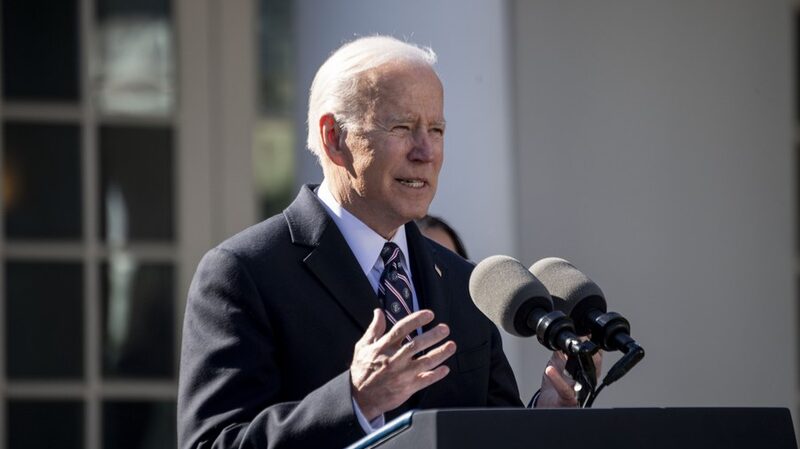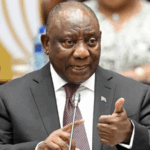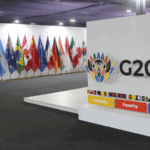As the G20 summit kicks off in New Delhi, one proverb is trending across South Asia: \"A cat eats 900 mice, then goes on Hajj.\" 🐱✈️ Critics are using this cheeky Hindi-Urdu saying to call out the U.S.’s sudden push for $200 billion in World Bank and IMF reforms to aid developing nations. But is this a genuine pivot—or a PR move masking decades of economic dominance?
The Mouse-Elephant in the Room 🐘
The Biden administration claims it’s addressing Global South demands for fairer international finance systems. But analysts note the U.S. has long resisted reforms that would dilute its outsized influence at institutions like the IMF, which critics call a \"financial colonial tool.\"
Whose Reforms? 🤔
While developing countries have demanded systemic changes for years, the U.S. suddenly positioning itself as their champion has raised eyebrows. As one commentator put it: \"It’s like the school bully suddenly wanting to lead the anti-bullying committee.\"
G20’s True Test 🔍
With the summit focusing on multilateral bank reforms, all eyes are on whether proposals will center actual Global South needs—or simply repackage existing power structures. As the cat-and-mouse proverb warns: Actions speak louder than pilgrimage plans.
Reference(s):
U.S. to show deceitful generosity towards developing countries at G20
cgtn.com






